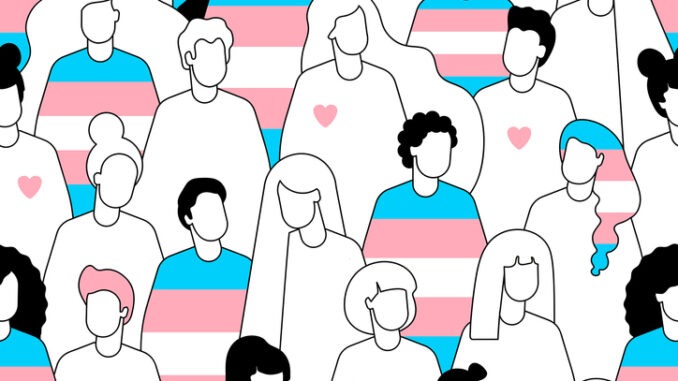
Trans and non-binary people are more vulnerable to receiving poor care. Here are some tips on how to care for trans adults
CREDIT: This is an edited version of an article that originally appeared on CQC
The adult trans care pathway focuses on the care of people with:
- variations of sex characteristics (VSC);
- trans people aged 17 years and older and transitioning their gender;
- non-binary people aged 17 years and older and transitioning their gender.
The trans care pathway refers mainly to patients transitioning gender medically, rather than socially or legally. People with VSC, trans and non-binary people may be particularly vulnerable to receiving poor care for reasons such as a lack of training for staff, inefficient monitoring of trans status, and potential transphobia.
The General Medical Council has produced guidance on trans care. It states that trans and non-binary people experience the same health problems as everyone else, and that healthcare professionals must assess, provide treatment for, and refer trans patients in the same way as other patients.
Terminology
‘Transgender’ is usually shortened to ‘trans’. This term describes people whose felt sense of gender (gender identity) is not the same as the gender assigned to them at birth on the basis of genital appearance.
‘Non-binary’ is an umbrella term to describe gender identities that are not only masculine or only feminine; they are outside the ‘gender binary’ of male and female. Not all non-binary people identify as trans.
‘Gender affirmation’ is the process a transgender person goes through to change their physical sexual characteristics to match their gender identity; this, typically, involves a combination of surgical procedures and hormone treatment.
‘Gender reassignment’ (wording of the Act to mean ‘trans status’) is one of the nine protected characteristics under the Equality Act 2010. The Act recognises prejudice and discrimination that trans and non-binary people may face in receiving both services and employment.
‘Gender variance’ is an umbrella term to describe gender identity, expression or behaviour that falls outside culturally-defined norms associated with a specific assigned gender.
‘Cisgender’ relates to a person whose sense of gender identity corresponds with their sex assigned at birth.
When we assess health and care services we consider equality, and whether services are providing high-quality care for all people, including people on the trans care pathway.


Be the first to comment